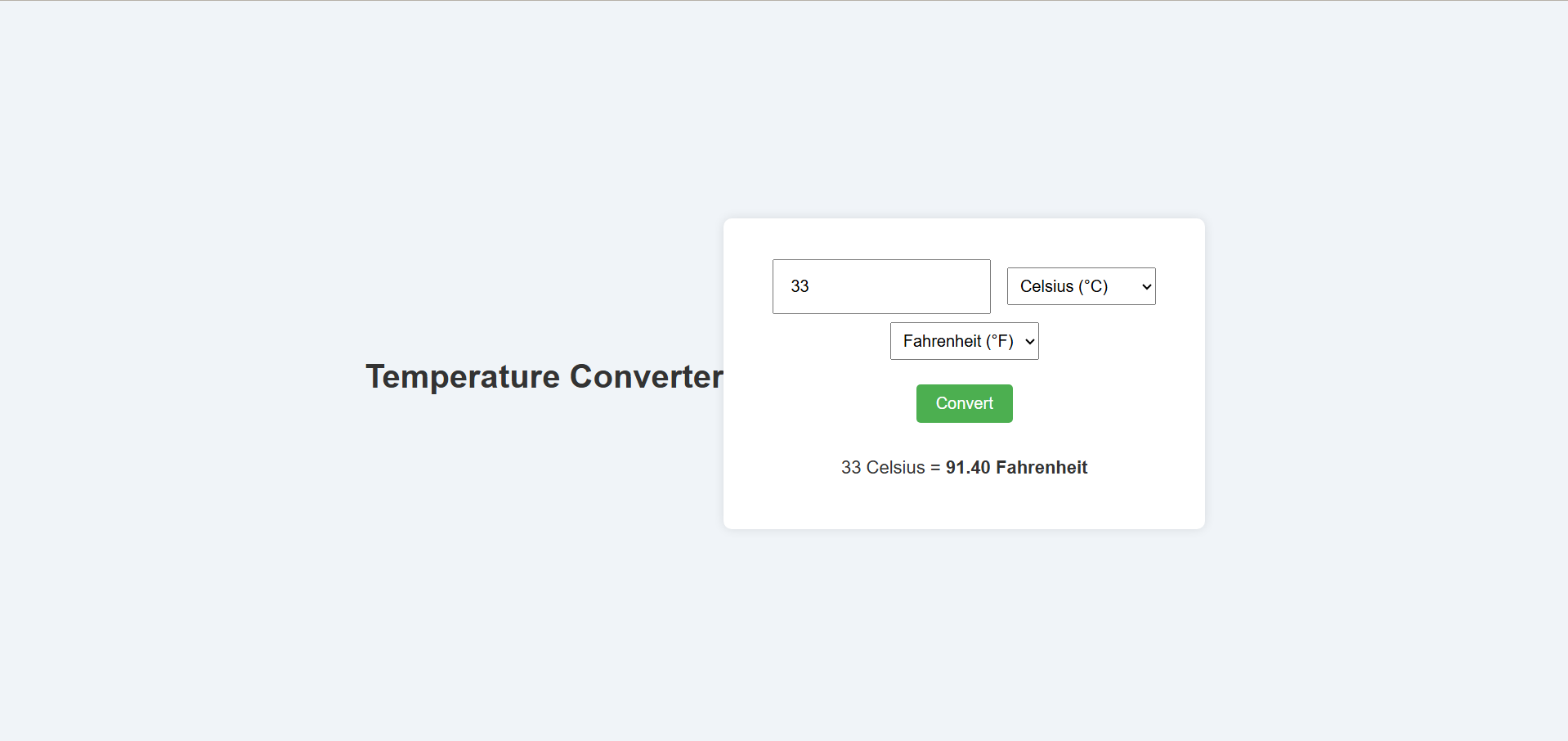Modifier Types in cpp
In this module, we'll take a thrilling journey into the realm of modifier types in C++, exploring their nuances and discovering the hidden powers they bestow upon our code.
Modifiers in C++ are like magical spells that transform the behavior and characteristics of variables and data types. They allow us to add extra meaning, constraints, and capabilities to our code. From imposing immutability with the const modifier to unleashing the power of static variables, modifiers bring excitement and versatility to our C++ programs.
Think of modifiers as the secret ingredients that spice up your coding recipes. They play a crucial role in defining variables and data types, enabling us to control their behavior, visibility, and accessibility. With modifiers, we can ensure that certain variables remain constant, enhance the optimization of our code, modify non-constant class members, or declare external variables and functions.
Modifiers may seem like small adornments, but they hold immense significance in crafting robust and flexible code. Understanding their power allows us to unleash the full potential of C++ and create programs that are efficient, maintainable, and tailored to our specific needs.
So, fasten your seatbelts and get ready to embark on this quirky adventure through the fascinating world of C++ modifiers. From const to volatile, mutable to static, we'll explore them all, unraveling their mysteries and discovering the wonders they bring to our coding escapades.
const Modifier
In C++, the const modifier is used to declare variables as constants, meaning their values cannot be changed once initialized. It ensures immutability and acts as a promise that the variable won't be modified during the program's execution.
const int MAX-VALUE = 100;Examples of using const to create constant variables
By using the const modifier, we can create variables that hold constant values:
const int MAX-VALUE = 100;
const double PI = 3.14159;In the above code snippets, MAX_VALUE and PI are declared as constants. Their values are assigned during initialization and cannot be altered later in the program. These constants provide a fixed reference point for calculations, comparisons, or any other use.
Benefits of using const to enforce immutability
Enforcing immutability through the const modifier brings several benefits:
Robustness : Constants created with const ensure that critical values remain unchanged, enhancing the robustness of your code. It helps avoid accidental modifications and prevents unexpected side effects.
Readability and Maintainability : By declaring variables as const, you communicate your intention clearly to other programmers. It enhances code readability and makes maintenance easier by explicitly stating that these values should not be modified.
Compiler Optimizations : The const modifier assists the compiler in making optimizations. It can cache constant values, eliminate redundant calculations, and improve performance by leveraging the knowledge that these values won't change.
Debugging Assistance : Using const can help catch potential bugs during compilation. If an attempt is made to modify a const variable, the compiler will generate an error, alerting you to the issue early in the development process.
By using the const modifier to enforce immutability, you create more reliable and maintainable code. It provides clarity, enhances performance, and helps catch potential bugs, making your code more robust.
So, embrace the const modifier in your C++ programs to create constants that stand firm, bringing stability and clarity to your code.
volatile Modifier
The volatile modifier adds an element of unpredictability to variable declarations. When a variable is declared as volatile, it informs the compiler that its value may change unexpectedly, even without any explicit modification in the program's code. This modifier is often used for variables that can be modified externally, such as by hardware or other threads.
volatile int sensorValue;Understanding the behavior of volatile variables in relation to optimization
The volatile modifier affects how the compiler optimizes code involving volatile variables. Normally, the compiler assumes that the value of a variable remains unchanged unless modified in the program. This allows it to perform optimizations like caching the variable's value.
However, with volatile variables, the compiler is forced to generate code that always reads or writes the variable's value from memory. This ensures that any changes made to the variable by external sources are taken into account and not optimized away.
Scenarios where using volatile is necessary, such as accessing hardware registers
The volatile modifier is particularly useful in scenarios where variables are associated with hardware registers, interrupt service routines, or multithreaded environments. These situations involve variables that can be modified by external entities, outside the control of the program's flow.
Consider the following example of accessing a hardware register:
volatile unsigned int* const REG_ADDRESS = 0X12345678;In this case, the volatile modifier is used to declare a constant pointer REG_ADDRESS that points to a hardware register's memory address. By marking it as volatile, the compiler is informed that the value at that memory location can change unexpectedly, and the register must always be accessed directly.
Using volatile is essential in such scenarios to ensure that the variable's value is always read or written from memory and not optimized away, guaranteeing proper interaction with external systems.
Remember that the volatile modifier comes with a responsibility. It should only be used when necessary, as its usage may hinder certain compiler optimizations. It is crucial to understand the specific requirements of your application and carefully evaluate whether using volatile is appropriate.
With the volatile modifier, you can tame the unpredictability of external influences and create code that handles volatile variables reliably, allowing seamless interaction with hardware registers and other external sources.



























